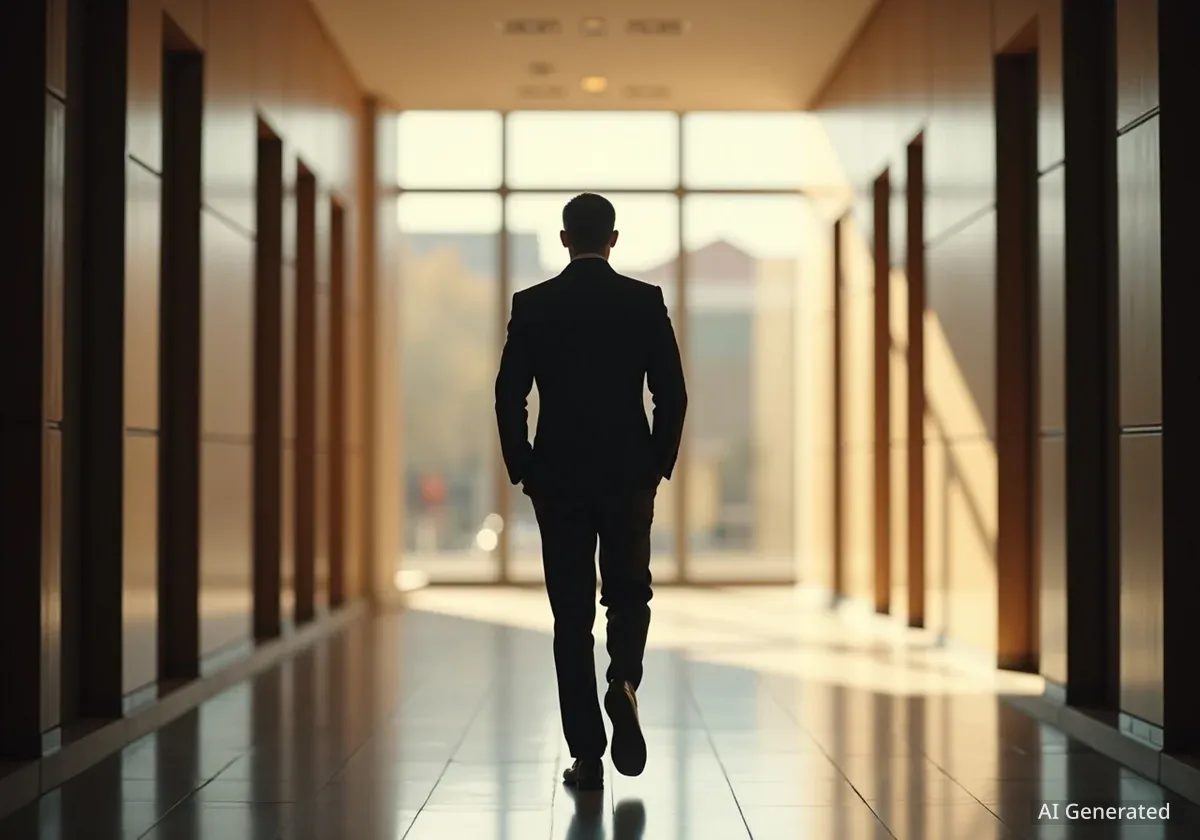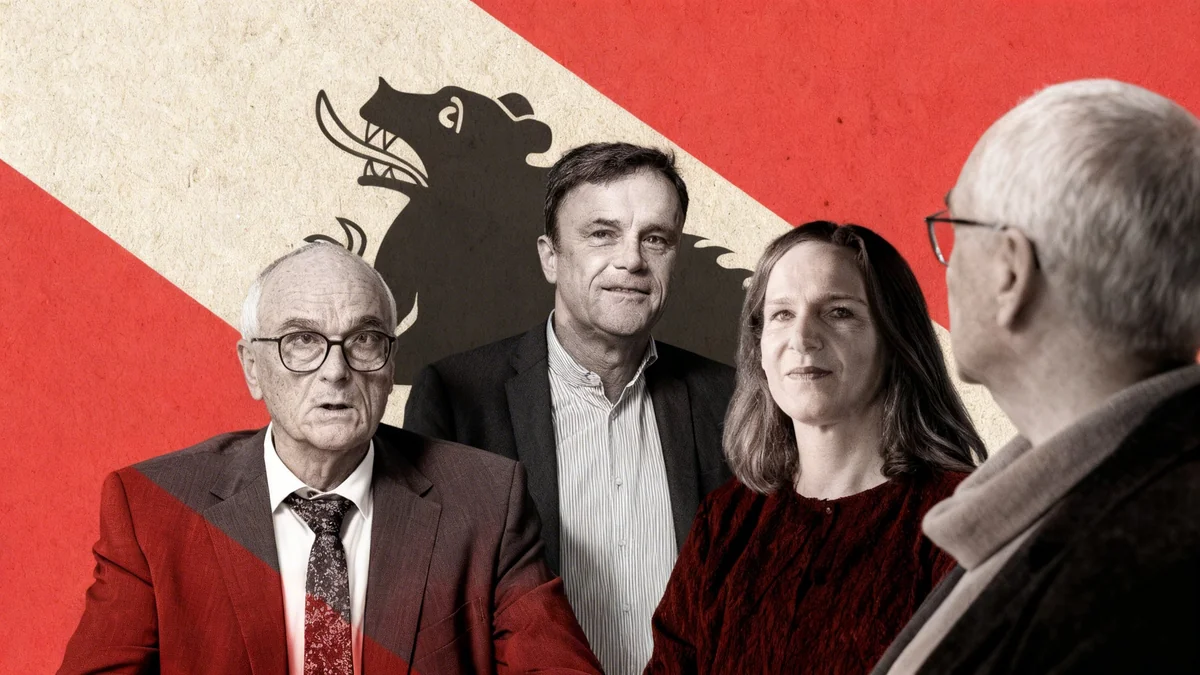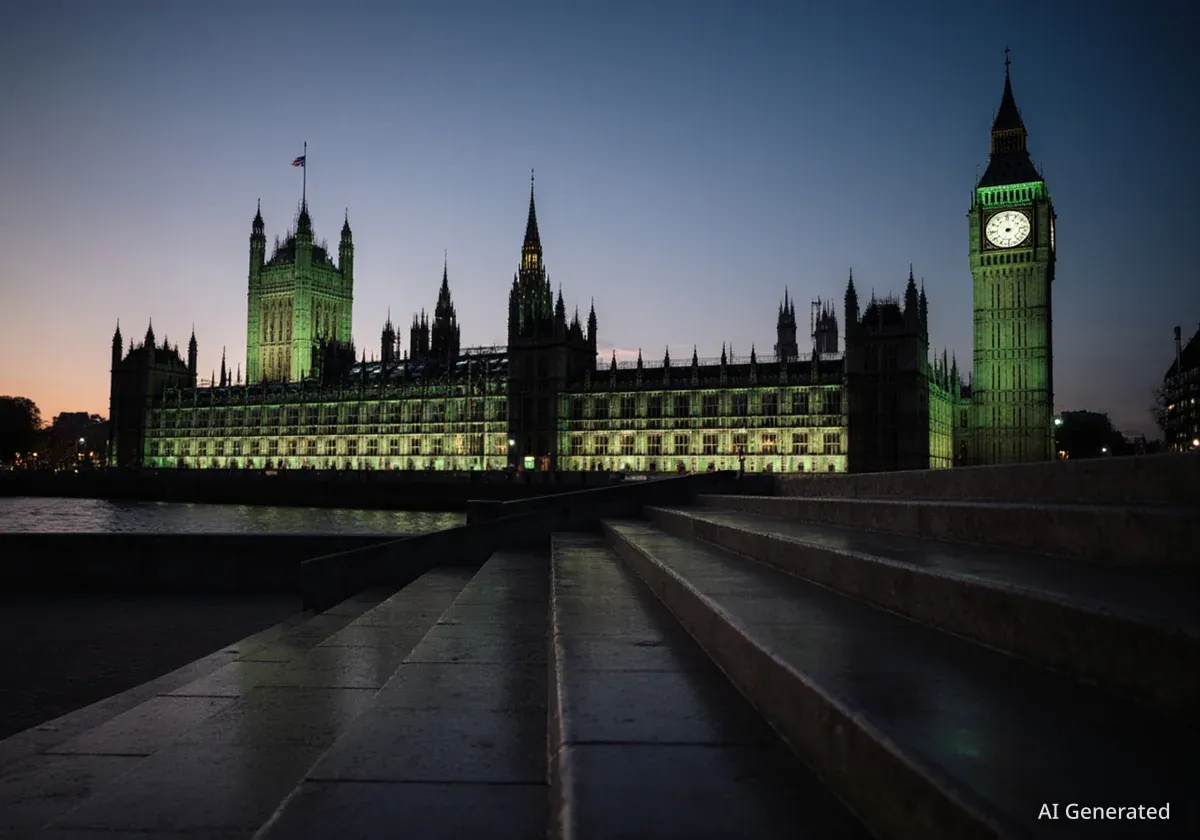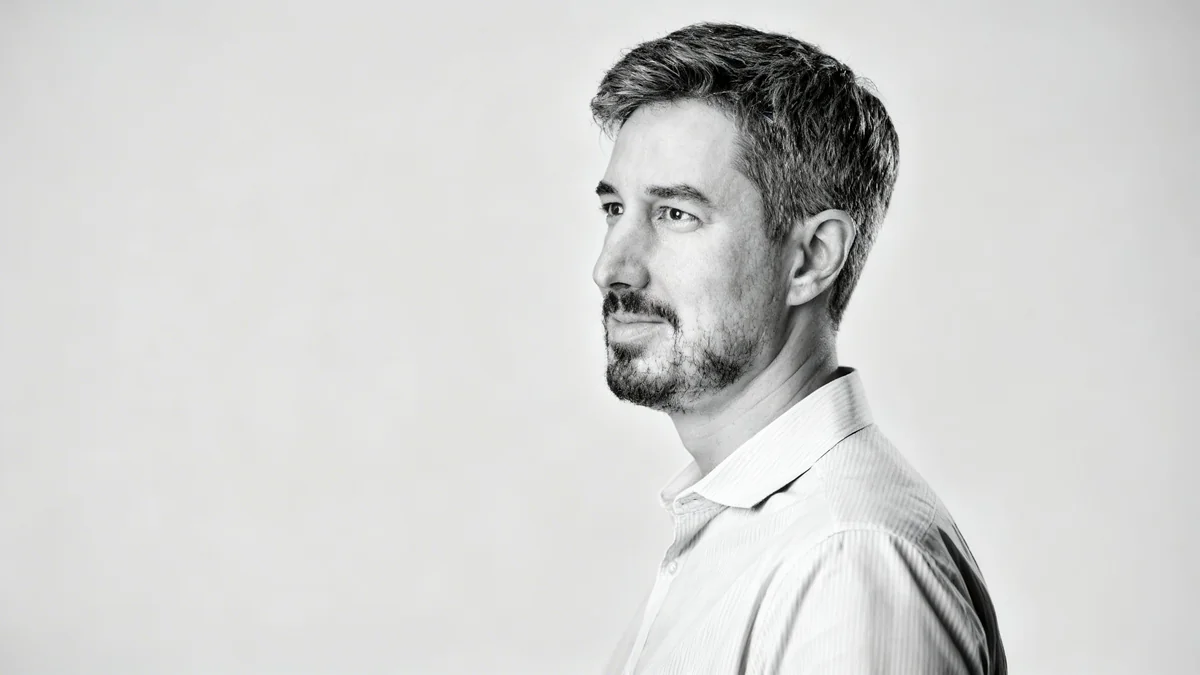Former Federal Councillor Ueli Maurer has visited China twice in less than a month, sparking discussion in Switzerland. His most recent trip was for a peace conference in Beijing, an event hosted by the Chinese government. Bern officials state they were not aware of these visits.
Key Takeaways
- Ueli Maurer visited China twice in under four weeks.
- His latest trip was to a Chinese-organized peace conference in Beijing.
- The Swiss Federal Chancellery was not informed of these visits.
- As a private citizen, Maurer is not legally required to report his travel.
- Maurer has a history of fostering close ties with China during his tenure.
Maurer Attends Beijing Peace Conference
Ueli Maurer, aged 74, participated in a peace conference in Beijing on September 26. This event was organized by the Chinese government. Hosts introduced Maurer as a "prominent personality" and a "former president of the Swiss Confederation."
This visit marks Maurer's second trip to China within a single month. His frequent travel has drawn attention and raised questions regarding official awareness.
Fact Check
Former Swiss Federal Councillors are not legally obligated to inform the government about their private international travel. This allows them to undertake personal trips without official oversight.
Federal Chancellery Unaware of Visits
The Swiss Federal Chancellery confirmed to the newspaper "Le Temps" that the Federal Council had no knowledge of Maurer's recent stays in China. Maurer traveled in a private capacity, not as a representative of the Swiss government.
During his time in office, Maurer was known for actively cultivating relationships with China. He made multiple visits to the country as a Federal Councillor.
"It was important for Switzerland to be present in Beijing. This presence makes Switzerland appear neutral from a Chinese perspective."
— Ueli Maurer, in an interview with "Weltwoche"
Previous Visit and Justification
Maurer's earlier trip to Beijing occurred on September 3. He attended a military parade commemorating the 80th anniversary of the end of World War II. Other notable attendees included Russian President Vladimir Putin and North Korean leader Kim Jong-un.
Historical Context
Ueli Maurer served as a Federal Councillor from 2009 to 2022. During his time in government, he held various portfolios, including the Federal Department of Defence, Civil Protection and Sport, and the Federal Department of Finance. He served as President of the Swiss Confederation in 2013 and 2019.
Maurer defended his participation in the military parade in an interview with "Weltwoche." He stated that Switzerland's presence in Beijing was important. He believed it helped maintain Switzerland's neutral image in the eyes of China.
He dismissed criticism of his attendance, describing it as "almost a seal of approval." This statement highlights his consistent stance on engaging with China.
Long-Standing Ties with China
Maurer's close relationship with China is not a new development. Chinese state media have frequently referred to him as an "old friend of China." This title underscores the depth of his engagement with the country over many years.
His repeated visits, both during and after his official tenure, show a sustained interest in strengthening connections between Switzerland and China. This approach aligns with his view on Swiss neutrality and international engagement.
- Frequency of Visits: Two trips to China in less than four weeks.
- Official Awareness: Swiss government was not informed.
- Private Capacity: Maurer traveled as a private citizen.
- Past Engagement: Maurer fostered strong ties with China while in office.
- Chinese Perception: Seen as an "old friend of China" by state media.
Implications for Swiss Diplomacy
Maurer's private travels, particularly to politically sensitive events, can sometimes create an interesting dynamic for Swiss diplomacy. While he acts as a private citizen, his past role as a Federal Councillor and President means his actions are observed internationally.
The Swiss government's official position on international relations is distinct from the private activities of former officials. This separation is important for maintaining consistent foreign policy. However, informal interactions can still play a role in shaping perceptions.
The incident highlights the informal influence that former high-ranking officials can continue to exert. It also shows the importance of clear communication regarding the nature of such visits. This helps avoid misunderstandings about official government positions.
Did You Know?
Switzerland and China established diplomatic relations in 1950. Switzerland was one of the first Western countries to recognize the People's Republic of China.
The engagement of former officials in international forums, even in a private capacity, often draws public and media attention. This is especially true when those forums involve significant geopolitical players. Maurer's recent actions are a clear example of this dynamic.
The Swiss government maintains that its foreign policy is conducted through official channels and representatives. Private visits by former officials, while not illegal, operate outside this official framework. This distinction is crucial for understanding the context of Maurer's trips.




